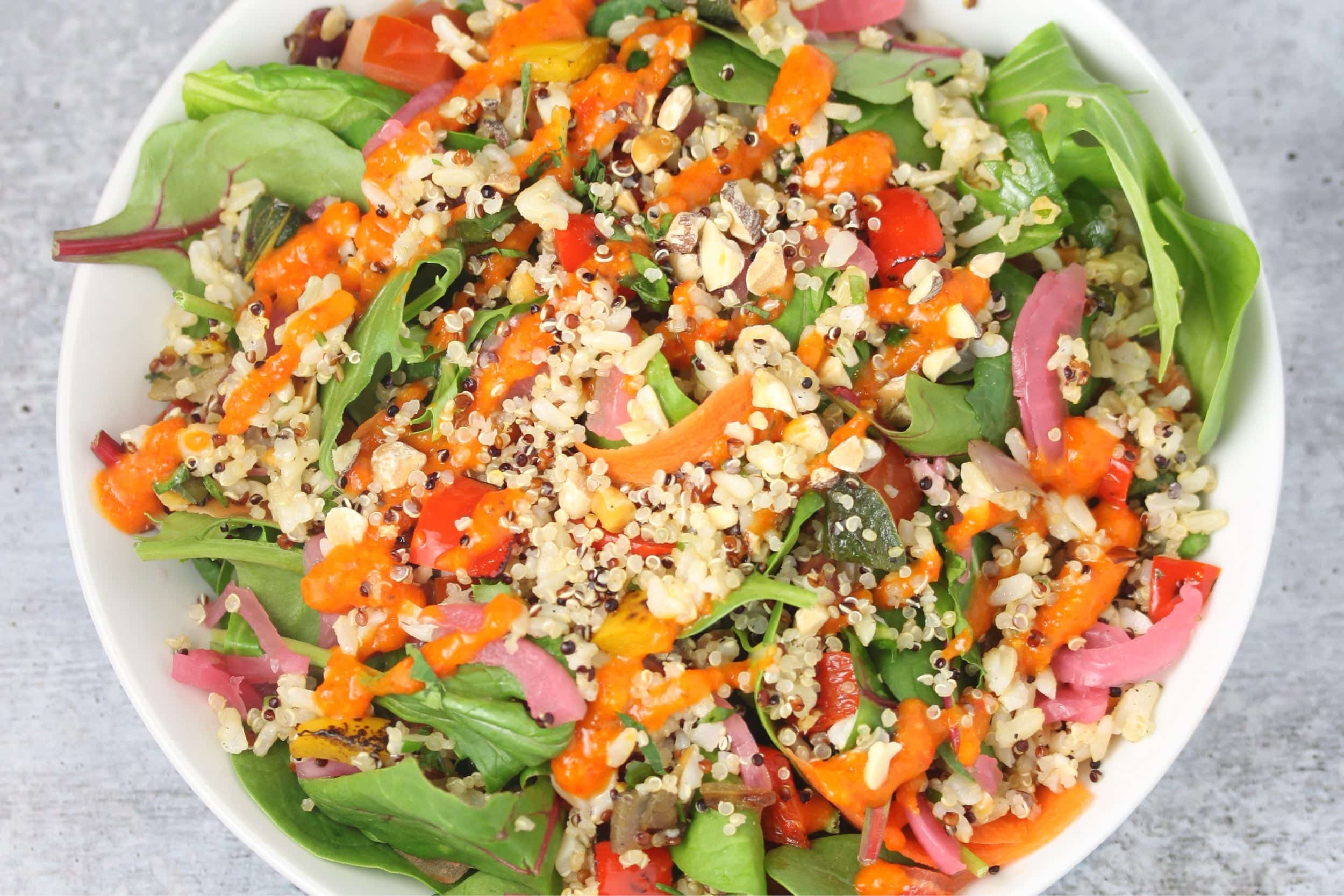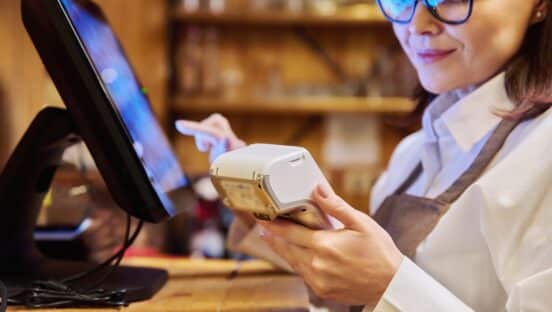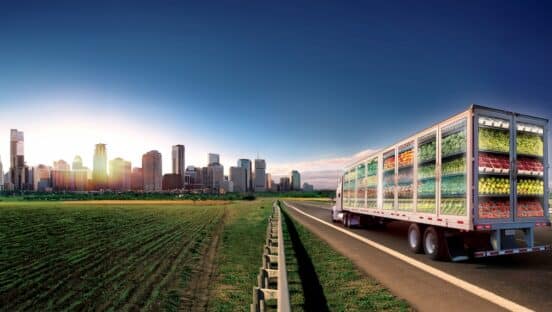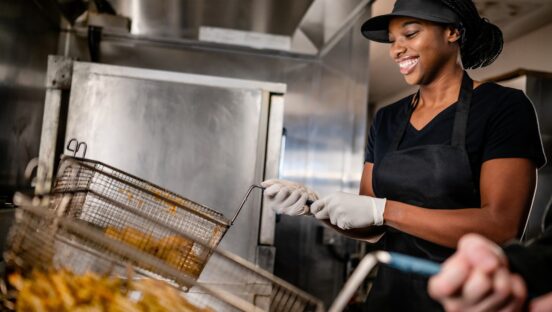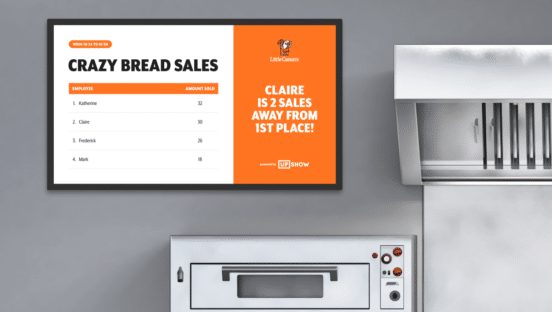The restaurant industry finds itself in a unique space this April, with the Coronavirus crisis shuttering restaurants and reducing their output to takeout and delivery. In addition to pivoting to those revenue streams, operators have had to grapple with ever-evolving consumer demands. For example, Datassential reported that, as of late March, 24 percent of consumers would not eat raw fruits or vegetables from a restaurant during the pandemic. Interestingly, Gen Z (32 percent) and millennials (31 percent) were the biggest skeptics of uncooked produce.
That might be read as bad news for concepts that have capitalized on the previously burgeoning desire for fresh fruits and vegetables—prior to the Covid-19 outbreak, Haliburton International Foods reports that two-thirds of consumers wanted to eat more fruits and vegetables. But, there’s reason to believe the two desires don’t actually contradict one another, and that consumers still would like to eat healthy through the pandemic, but are looking for restaurants still providing takeout and delivery to carry safely prepared produce as a part of their meal. In fact, some experts say that consumers are still more willing than ever before to pay top dollar for high quality food that offers a health play.
“One thing I expect to continue even through this Coronavirus period is the shifting in consumer mentality in the form of a willingness to pay for quality food,” says Ian Schenkel, founder and CEO of Haliburton International Foods. “During the recession triggered by events in 2008, restaurants thought they knew what diners wanted—more food for less money—and that turned out to not be the case. If consumers have the option to buy quality, they’re willing to pay for it. I expect that to continue to be true.”
Prior to the onset of the Coronavirus outbreak, Schenkel and his team had recently perfected a way to manufacture frozen vegetables, grains, and beans, using a scientific approach that maximizes the freshness and nutritional value of the items. The product is called SaladSafe™ and here’s how it works: The Haliburton team uses a high temperature cooking approach until the vegetables are al dente. They then flash-freeze the items using advanced cryogenics to lock in the flavor and nutrients while preserving the color and texture that make for ready-to-eat menu items in the average kitchen.
“One thing about millennials and a lot of these younger diners with more and more buying power is that they see themselves as discerning consumers that understand quality, and for the most part, they do,” Schenkel says. “So whereas a lot of operators used to rely on frozen vegetables that had a good price point, that wouldn’t cut it any more. The idea for SaladSafe™ came from the desire to create a frozen vegetable that holds its nutritional value, maintains its high vitamin content, and has amazing texture that is impossible to recreate using a mechanical freezer. But most importantly, the product is going from fresh to frozen in five minutes, making them safe to eat right out of the bag.”
This latest innovation is in many ways a continuation of the goals Schenkel had when he founded Haliburton International Foods in 1992: Something that pushes the envelope on how industrial kitchens can best help operators serve customers great food. Even in the midst of an unprecedented crisis, that hasn’t changed, says Schenkel.
“When people ask me to describe my company, I say that we are a creative, innovative food company,” Schenkel says. “Today our innovation revolves around customizable food solutions, and improving food and nutrition. As one of the larger, vertically integrated companies out there, we have the manufacturing ability to be able to do it, too. ”
By Charlie Pogacar

